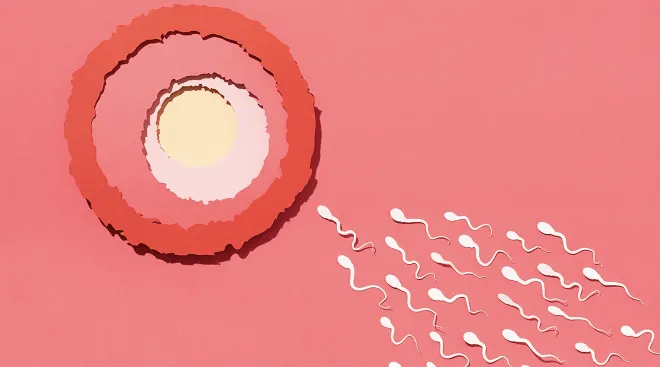Why It’s Harder Than Ever to Get Pregnant
We probably all know someone who’s struggled with infertility, and if you think it seems like it’s more common than it used to be, you’d be right. “It is a little harder for people to conceive now,” says Shahin Ghadir, MD, a reproductive endocrinologist and founding partner of Southern California Reproductive Center. But why?
Waiting longer to start
The trend is for people to wait longer to have kids than they did in the past — and that can make things more challenging. “Age is the number one determiner of fertility,” says Ghadir. A woman’s fertility starts to decline gradually at age 27 and then it drops dramatically after age 35. And while there are fertility treatments that can help couples conceive, they’re less likely to work if the patient is older. “I see a lot of patients who say, ‘Well, I saw that so-and-so got pregnant at 46 and so-and-so was 48, so I didn’t think I’d have a problem,’” says Ghadir. But, unfortunately, it doesn’t always work that way.
Environmental factors
Experts aren’t sure exactly how the environment contributes to infertility, but they do believe there’s a connection — for both men and women — and it’s being researched. “Pesticides have been shown to affect fertility in some ways,” says Ghadir. “We’re not sure of the clear correlation.” Other toxins that may be contributing to the rise in infertility include the chemicals released by certain plastics and those included in dry cleaning solutions and some cosmetics.
Obesity rate
As you probably know, the obesity rate has gone up in recent years, and nope, that’s probably not a coincidence. “Obesity clearly correlates to fertility and difficulty conceiving,” says Ghadir. “And obese patients are less likely to have successful fertility treatments.” For younger patients who are obese, a doctor will probably recommend losing the weight before trying to conceive to boost their odds.
Hope for the future
Don’t worry: It’s not all doom and gloom. Even though some couples — about 10 percent of women, according to 2012 stats — have fertility problems, the field of infertility treatment is advancing by leaps and bounds.
Ghadir says a few of the advancements include better tests to find out the exact amount of egg reserves a woman has and more advanced testing and monitoring of embryos before IVF, to make sure they’re healthy. “The amount of technological advances happening in our field is crazy,” he says. “That’s one of the reasons I love what I do.”
And it’s not always the technology alone that helps. Sometimes it’s state of mind. That’s why many fertility doctors recommend their patients use some method of stress reduction, such as yoga or acupuncture. “Some people truly have medical issues keeping them for getting pregnant,” says Ghadir. “But for others, when they relax and feel confident that they’re in good hands [with their doctors], things change. You can’t prove it, but I’ve seen miracles happen when people’s stress levels change.”
Please note: The Bump and the materials and information it contains are not intended to, and do not constitute, medical or other health advice or diagnosis and should not be used as such. You should always consult with a qualified physician or health professional about your specific circumstances.
Plus, more from The Bump:
Navigate forward to interact with the calendar and select a date. Press the question mark key to get the keyboard shortcuts for changing dates.




















































